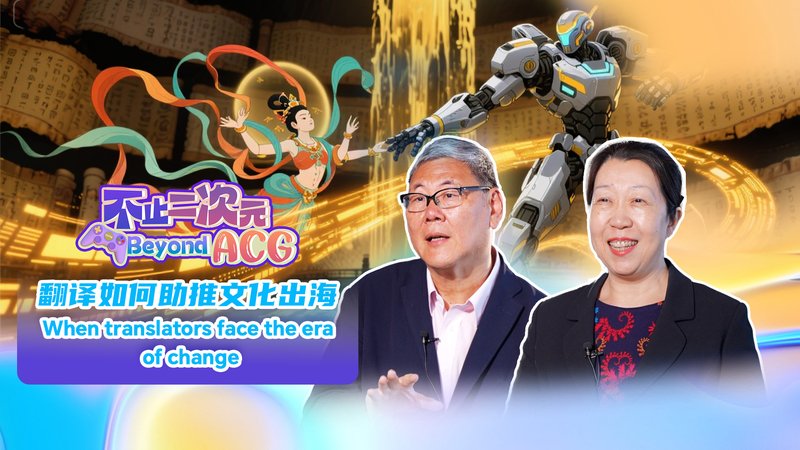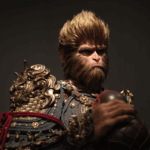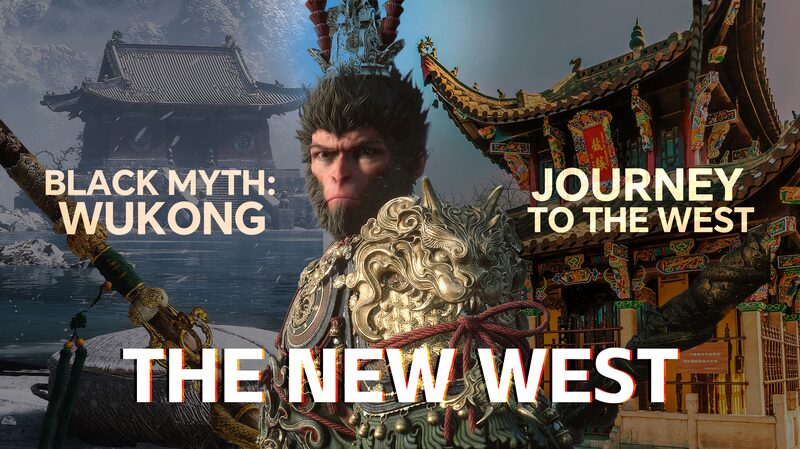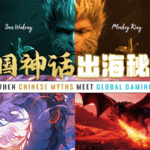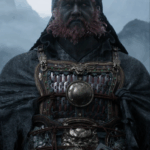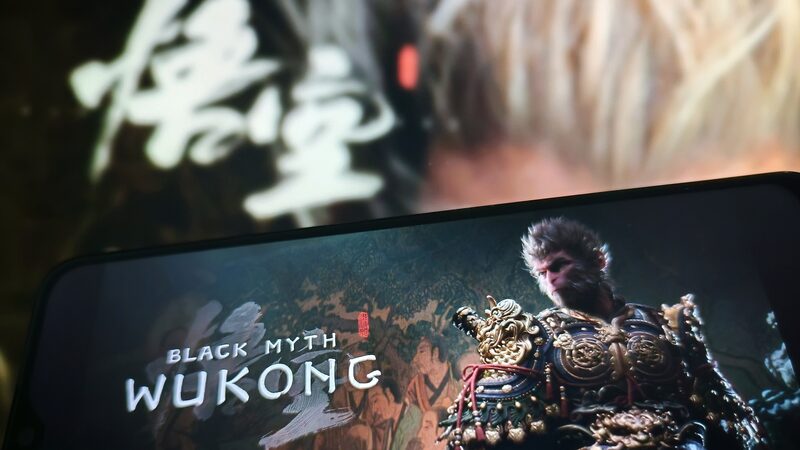From the blockbuster video game ‘Black Myth: Wukong’🔥 to the animated hit film ‘Nezha 2’🎬, Chinese cultural exports are having a moment on the world stage. But behind the scenes, translators face a golden challenge: How do you adapt stories rooted in ancient myths and modern creativity for global audiences—without losing their soul? 🤔
"Every translation is a cultural bridge," says Wang Zhongyi, a senior translator. "But sometimes, even the best AI can’t capture the poetry of a thousand-year-old proverb."
As demand for Chinese films, games, and literature skyrockets 🌏, industry experts like Min Yi of the Translators Association of China warn that the gap between ‘local flavor’ and ‘global appeal’ is widening. Can human translators keep up with AI tools like ChatGPT? 🖥️
💡 Key insights:
- Cultural Nuance: Words like "Wukong" evoke mythic heroism in China—but need context abroad.
- AI’s Limits: Machines miss humor, idioms, and emotional depth. (Sorry, robots! 🤖)
- New Opportunities: Hybrid teams of translators and tech are rewriting the rulebook. 📜
This isn’t just about subtitles—it’s a cultural renaissance. As Wang puts it:
"We’re not just translating words. We’re sharing China’s voice."
Reference(s):
cgtn.com
